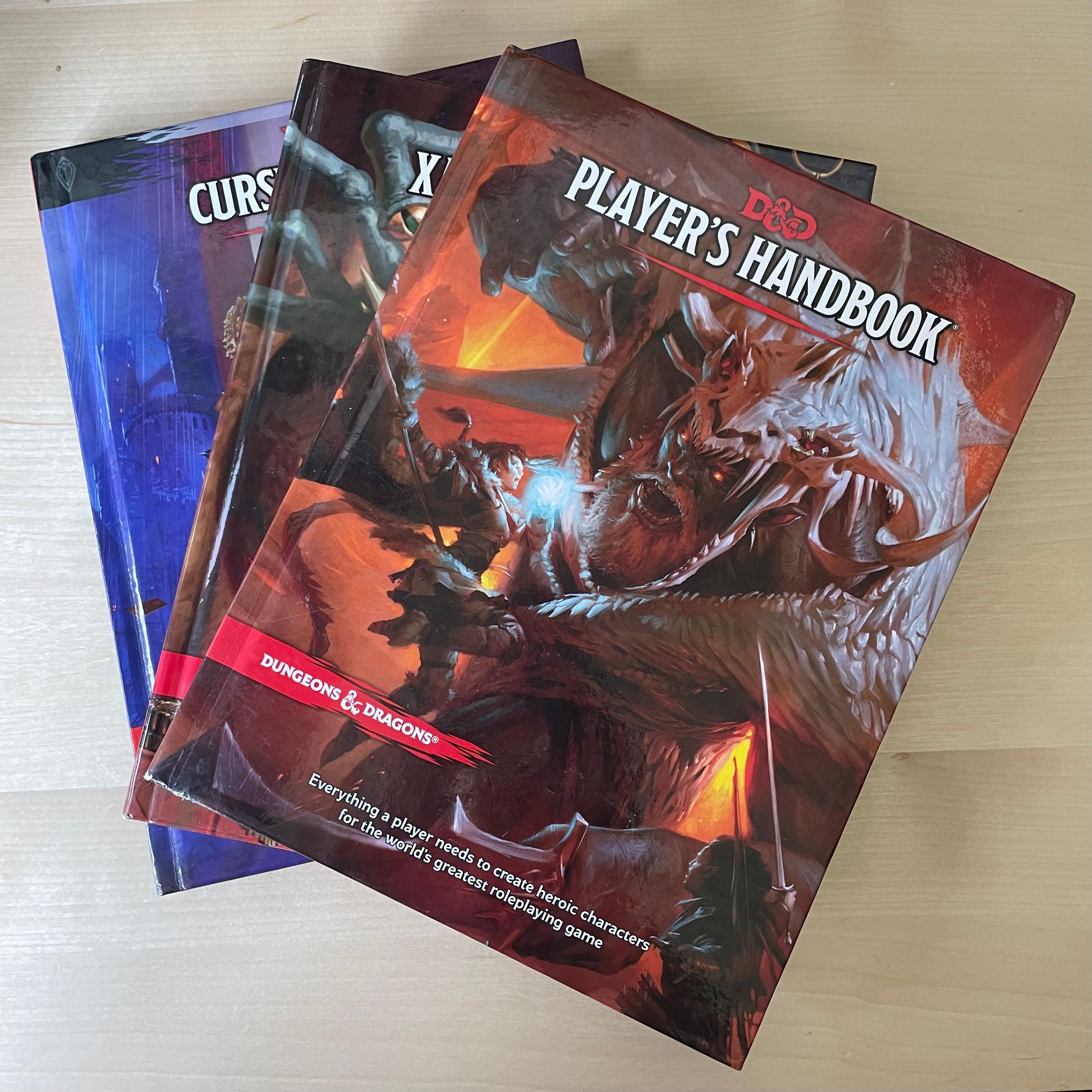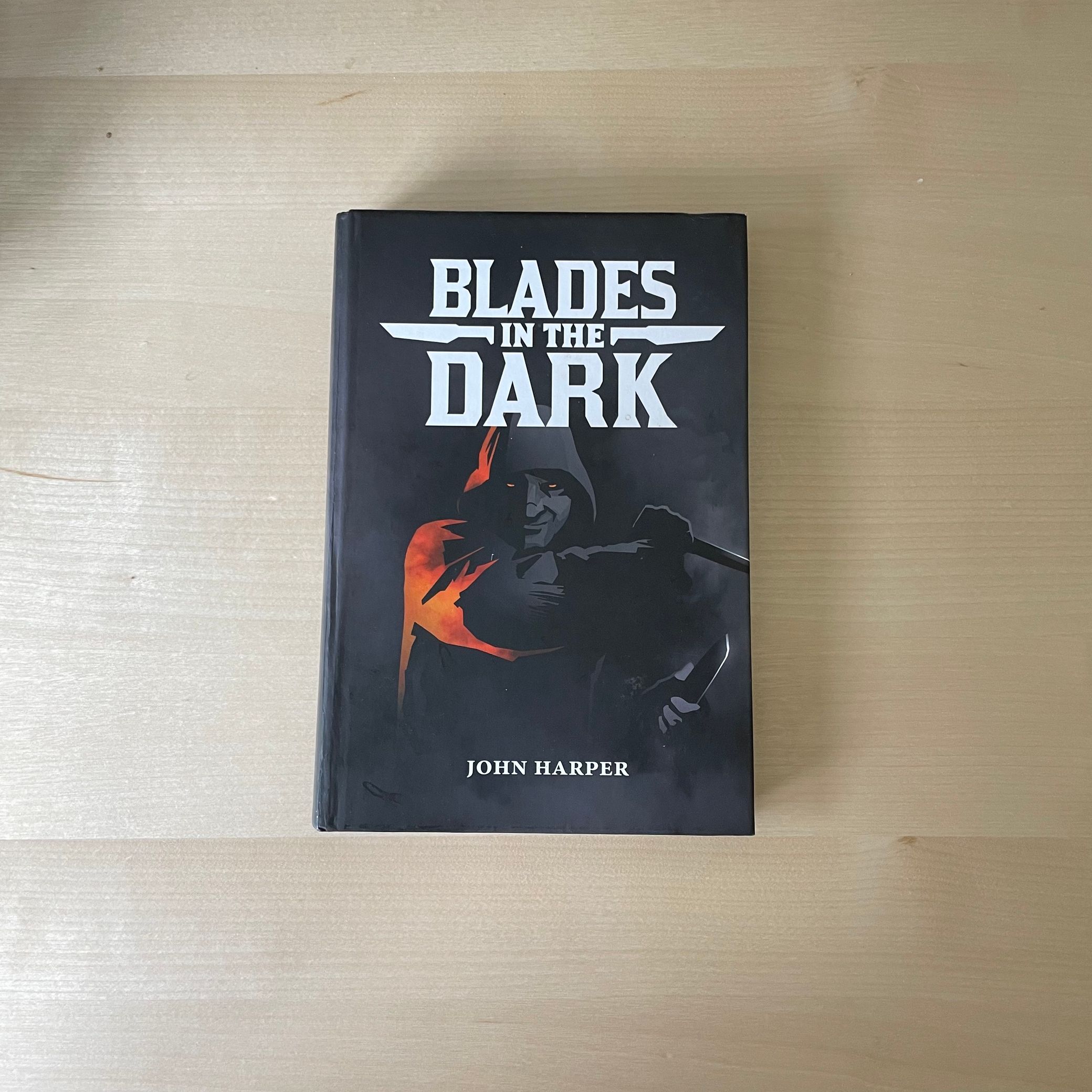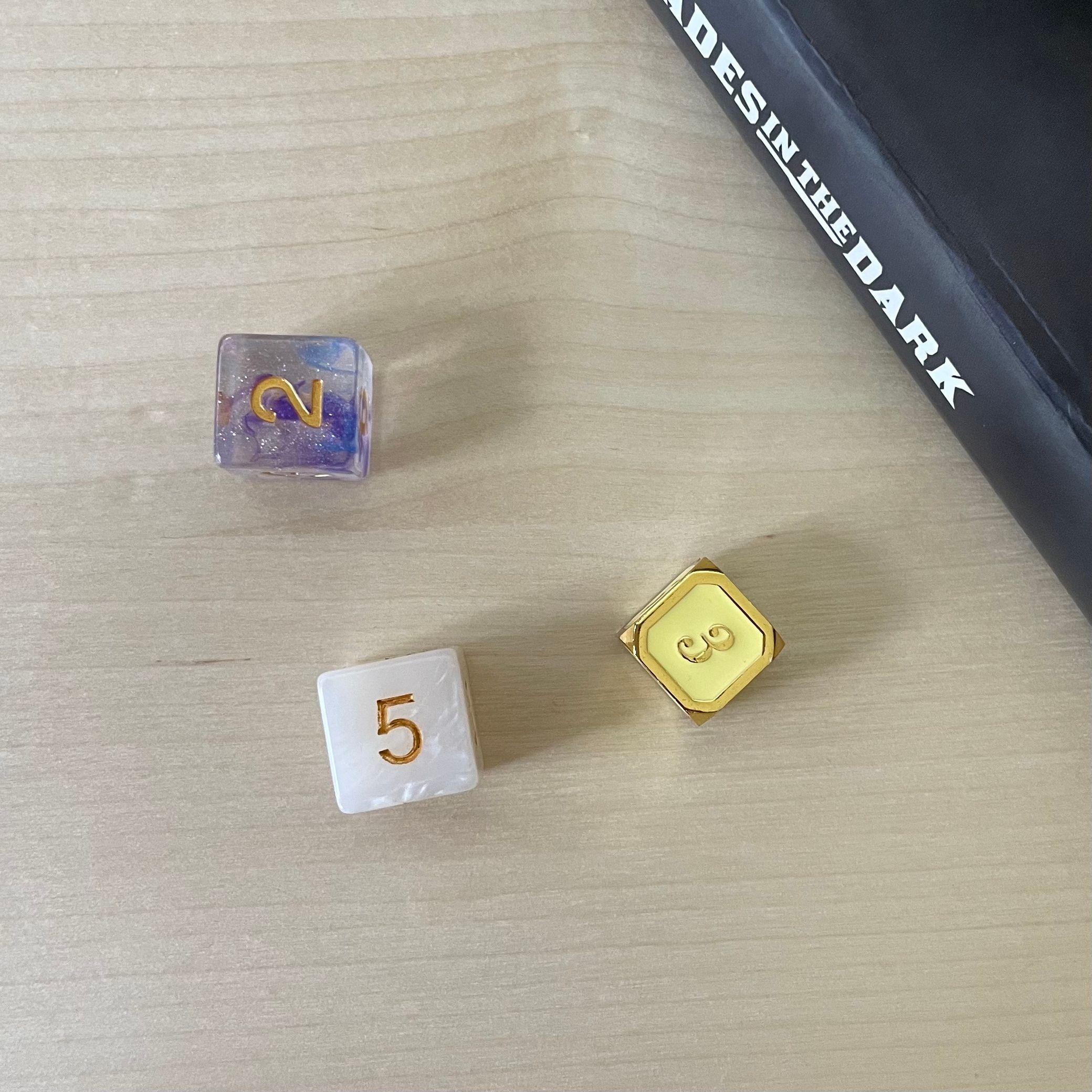I was always interested in tabletop role playing games (TTRPGs), but I didn't have the opportunity to play one until one of my college roommates showed me Dungeons and Dragons: 5th edition, and I was immediately hooked.

In a matter of months, I went from never having played to participating in three weekly campaigns at once. I also started running my own sessions for my partner and some friends. The time commitment was something like a part-time job. Through it all, I was having fun, but something was off.
I just couldn't shake that I was playing a game. That might sound kind of silly, but a huge draw of tabletop games to me is their flexibility. I can be basically any character I want in any world I want around a table for the cost of some sheets of paper and some dice.
D&D is historically a fairly "crunchy" (short for number-crunching) system. There are a lot of rules and stats and modifiers and weights to keep track of. Even in 5th edition where crunch is cut down dramatically, it's still present behind the scenes to an almost weird degree. Increasingly, I found I wanted to ignore the rules in favor of having fun. I liked the idea of playing TTRPGs, but D&D wasn't the game for me.
Enter Blades in the Dark.

Blades in the Dark is a very different kind of game to D&D. It has almost no crunch at all. Where D&D uses at least 8 types of dice, Blades in the Dark uses only the classic six-sided die, and only a few are ever rolled at a time. Inventory tracking is extremely simple, almost cartoonish at first glance. And most importantly of all, failures are not loses.
Mathematically, the most common result of a roll is called "success with consequence", meaning on average the character will succeed most of the time but with some further complication. Sometimes it may be small, and sometimes it may completely change the direction of a session. With good direction from the game master, this leads to very satisfying stories where characters are consistently competent, but they do face setbacks and have to think on their feet to overcome them. If this sounds like a good action/adventure story, you're right.

Even though the game master is giving players challenges, it is also heavily encouraged to discuss these challenges with the players and make sure they like them for their characters. Many, many aspects of Blades in the Dark are designed from the ground up to be collaborative rather an adversarial. You're meant to be playing with your friends, after all. Conflicts in Blades in the Dark may not always be as "difficult" as D&D, but they are far more interesting.
Everything about Blades is the Dark is just so much closer to my ideal TTRPG experience. It may not be for everyone (some people really do like as much crunch as possible), but for me, the fun of TTRPGs is creating interesting characters and telling a collaborative story with friends. One other unique aspect of Blades in the Dark is it has a world setting (a kind of steampunk industrial revolution with some magic thrown in) very ingrained into its rules, but the creators have also allowed the rules to be repurposed to other settings, called Forged in the Dark. There are now several Forged in the Dark projects floating around the internet, many of them with some interesting rules additions to experiment with. To make up for the disappointing release of Cyberpunk 2077, my partner and I decided to play a cyberpunk take on the Blades in the Dark rules (we added our own two-player-friendly tweaks) called Neon Black.
The Surprise
Non-linear gameplay is very fun.
I spend a lot of time thinking about narrative. I love the craft of storytelling. Non-linearity is always something I considered very difficult to pull off well. It's easy for it to create clunky or unearned moments in stories.
When it comes to games, if we're not playing linearly, how are any of the obstacles in a session interesting? I can just say I prepared for a situation beforehand.
In fact, this is exactly what Blades in the Dark lets you do. If you have a wall to climb, you can decide in the middle of the mission that you packed a grappling hook before it started. If a guard is blocking your path, you can opt to play out a short flashback scene where you dug up some dirt on him, and then use that to get him to let you pass. So does it rob the game of difficulty?
Absolutely not. Blades in the Dark is very strategic about where the difficulty in session comes from. It lets players get away with all kinds of things in the moment at the cost of more interesting story complications later. As a player in a game, you don't have the luxury an author does to sit and think about how a character would handle a situation in a way that's true to the character. You as a player are improvising a character in real time. Blades in the Dark works to make this experience easier while still delivering on compelling conflict.
Let's say you are playing someone who is an aspiring master thief. Is it more narratively satisfying to encounter a wall and not have "grappling hook" written down in your inventory from the shopping trip an hour ago, or is it more satisfying to pull out your grappling hook (because of course your thief character would have one) and actually attempt to climb the wall? If you fail, does it feel better that you as the player missed a silly detail, or does it feel better that something in the world of your story set your character back (like slipping down the wall in the rain), creating a new challenge to overcome?
Blades in the Dark works to make players and their characters feel empowered and capable while still delivering on compelling conflict. It is an experience that really can only be had through tabletop games, and most importantly of all, it is a lot of fun.


